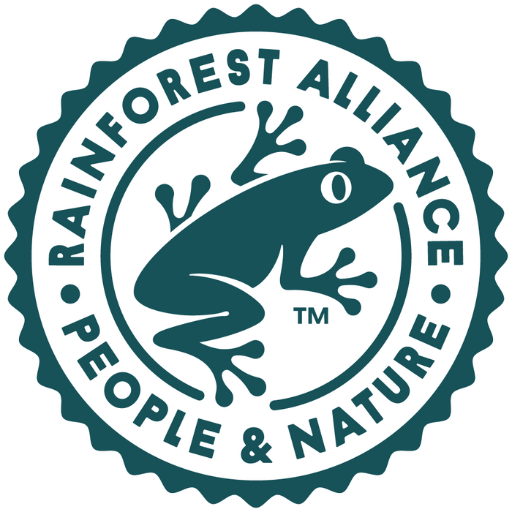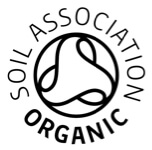In order to ensure that a sustainable, equitable and high-quality coffee trade flourishes around the world, it is vital that all those involved in the industry are well-trained and knowledgeable.
Skills gaps can have serious repercussions for the whole sector and a lack of training can be damaging not only to those businesses immediately affected, but also to the reputation of the wider trade.
Sustainability can be significantly impacted by a failure to understand the finer details of farming and processing, with poor-quality products having a detrimental effect on consumer confidence.
Showing farmers how they can boost yields and market their products more effectively improves their profits and drives up standards. This can be particularly important when problems outside of human control are blighting the industry or proving prohibitive to trade – for example in Brazil, which is currently experiencing its worst drought in decades.
Droughts and disease epidemics among coffee crops drive up prices, affecting yields and the quality of beans produced. However, there are ways of cultivating coffee trees to maximise crops, planting to ensure land retains as much water as possible and investing in disease-resistant species.
Furthermore, a lack of knowledge about what makes high-quality coffee can result in problems beyond the cultivation cycle, such as beans that have been affected by mould or exposed to poor hygiene practices.
From the ground to coffee grounds
Training and the accumulation of specialist knowledge is essential at all stages of the coffee process in order to produce a high-quality cup.
From farmers being able to select good, high-yield coffee trees, to those well-versed in the coffee-tasting process, known as cupping, experts are constantly working hard to boost the industry's reputation and improve products.
Looking at one part of the supply chain, processing is an essential part of the coffee trade, with good practices vital to the quality of the green coffee that is produced.
All those involved must have a firm understanding of the intricacies of the process and various options available at this stage, such as the difference between wet and dry methods of processing.
When it comes to drying the beans, turning coffee cherries regularly to ensure they dry evenly and making sure they are not over-dried and brittle or under-dried and prone to bacteria, are key factors of the dry method, while the wet method requires well-maintained professional equipment to be effective.
Once the beans arrive at the final cup, tasters conduct a process called cupping that follows a series of set rules – which have been in place since the 19th century – to score the coffee across a series of categories, including aroma, mouth-feel, flavour and acidity.
If any part of the coffee trading process is not carried out effectively and meticulously, this is picked up in the final cup and – transposed to a large scale – can mean standards across the industry are called into question.
International efforts to improve coffee quality
The International Coffee Organization (ICO) has a coffee quality improvement programme that encourages member countries to enact measures that divert defective coffees from the market and aims to boost skills around the world.
According to the ICO, it provides technical assistance and guidance to governments who need it, with standards becoming increasingly important as – for example – the European Union plans to place limits on Ochratoxin A in roast and soluble coffee, as authorities seek to further regulate consumer-driven industries.
Training raises standards across the industry
As the old saying goes, 'knowledge is power' and this is true of everyone involved in the production and processing of coffee, from growers to tasters.
For instance, once coffee trees reach a certain age, the quality and volume of beans produced starts to decline and they are more likely to attract diseases, such as leaf rust, that can affect the quality of fruit. Farmers need to know to replace trees regularly and that there are now disease-resistant varieties available that can improve standards and yields.
Many coffee companies are aware of the importance of growers having both coffee farming and business skills and are providing training opportunities to their suppliers.
Bolstering expertise further can only result in sustainable, vibrant coffee-growing communities that will continue to nurture and improve the industry long into the future, meaning there is arguably always more to be done.









